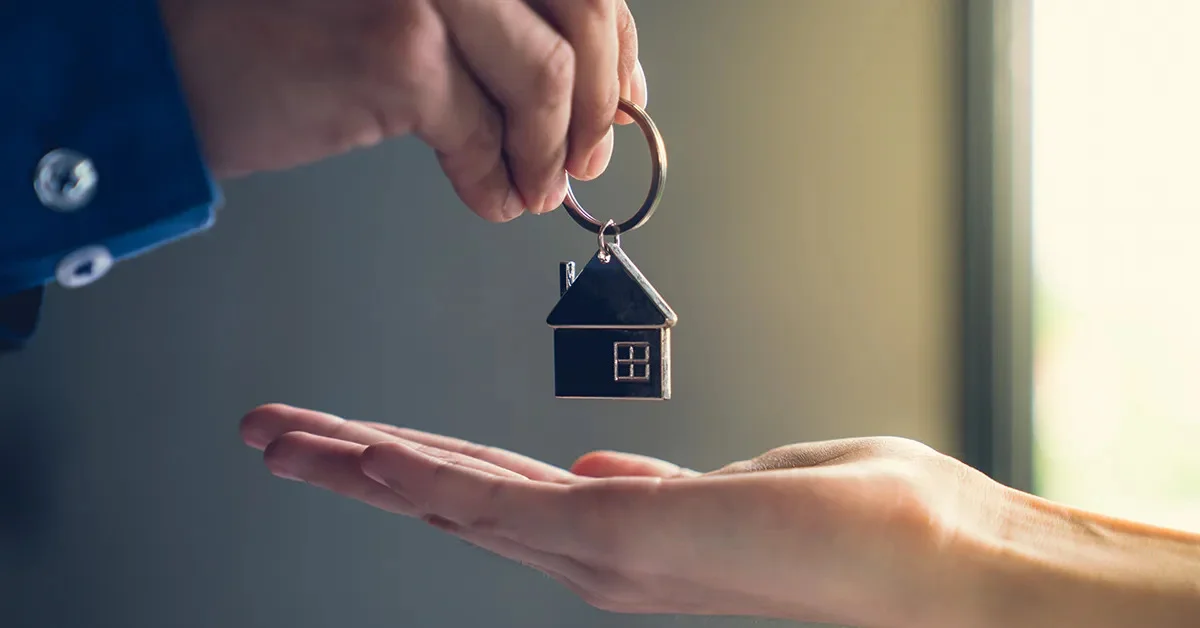There’s probably a point in every foreign worker’s life who plans to settle down abroad when they ask themselves: Should I stop paying rent and buy a house?
Buying a house in the Netherlands as a foreigner may seem intimidating as many factors come into play, as there are a lot of legalities involved and the market is highly competitive. This article is for those who want to face the Dutch housing market head on in 2026, guiding you through the process of buying property in the Netherlands and sharing valuable information before you make this huge step.
Understanding the Dutch Real Housing Market in 2026
Buying property in Amsterdam (or any other city) as a foreigner in the country is really tempting. The unique houses, picturesque canals, and lovely houses are a sight to behold, However, choosing your dream home, you need to understand the ins and outs of the Dutch real estate market.
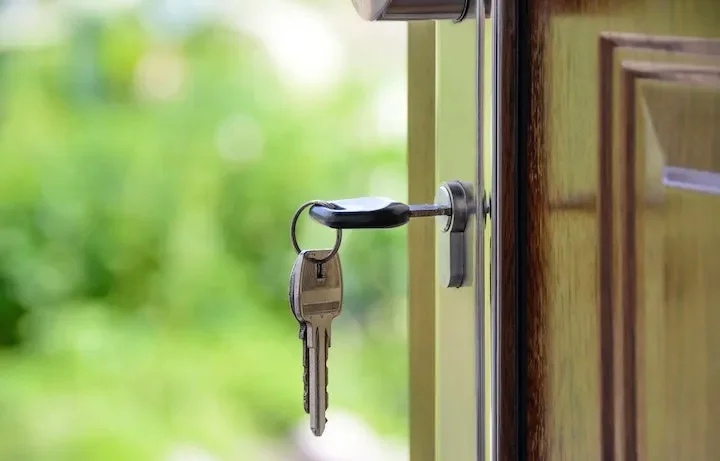
Current Market Status
In 2026, the Dutch housing market is strong, with property prices expected to rise by at least 7% throughout the course of the year and increase by an additional 3% in 2026.
If you are familiar with the real estate scene in the country, you probably know that 2023 was a rather weak year, followed by a 8.7% rise in 2024. The rise in prices this year is primarily driven by falling mortgage interest rates, increased incomes, and housing shortage. At the moment, most households in the country are financially stable and the stricter loan terms haven’t seemed to cause any financial issues for existing and new home owners.
Indeed, there’s also a rise in the number of transactions related to the real estate market. In 2024, there were more than 200,000 transactions, in line with the forecasts, showing that after the weak year of 2023, but sellers and buyers are getting more active.
It’s important to know that property prices can change, sometimes going up and sometimes down. The Dutch value their homes, which can affect how much you might need to pay for a house.
For instance, in 2022, property prices were exceptionally high, and bidding above the asking price was common. During the first half of the year, the housing market experienced a significant 10% increase in purchase prices compared to the previous year. The average house price in Q2 2022 was €448,000.
What Does the Future Hold?
Depending on how mortgage rates and the amount of money people have to buy homes continue to change in the coming months, it’s probable that the desire for houses will either stay stable or somewhat decrease.
Factors Affecting Prices And Demand
Just like the rest of the world, the Dutch real estate market also has its ups and downs.
One big thing that affects house prices is supply and demand. The prices might increase if more people are looking for houses than are available.
Other things like the economy, interest rates (which affect how much you pay back when you borrow money), and even the house’s location can change the purchase price.
Popular Places For Foreign Workers
Wanting to buy a home is just the start. Let’s talk about where exactly you want to live in the Netherlands. Naturally, Amsterdam may come first to your mind, but there are quite a few regions and cities that are popular among foreign workers.
- Amsterdam: This city is like a bustling beehive with its international vibe and vibrant culture. However, it’s also very popular, so house prices can be higher there.
- Rotterdam: Known for its modern architecture and diverse population, Rotterdam is a fantastic choice if you’re looking for a place with a bit of an edge.
- Hague: If you’re into government and international stuff, The Hague is the place to be. It’s also close to the beach, which is a lovely bonus.
- Eindhoven: For tech-savvy folks, Eindhoven is a hub of innovation and technology. It’s like a city in the future.
- Utrecht: If you like the idea of a cosy, picturesque city with canals that is not as crowded as Amsterdam, Utrecht might be just right.
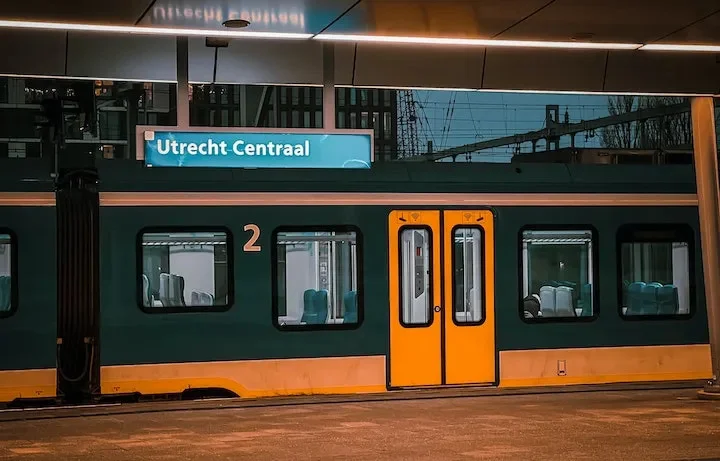
These places have their own flavours and vibes, so you can pick the one that suits you best.
Legal and Regulatory Considerations
Buying a house is a strategic game, consisting of understanding the market, affordability, your financial situation, banks, and contracts, so abiding by the rules is crucial.
Foreign Property Ownership Rules
Generally, the Netherlands welcomes international buyers, but there are few legal processes you have to consider. As a foreigner, buying property is a bit different than for Dutch citizens, but there’s no need to worry.
Residence Permit For Property Ownership
For starters residence permits may be necessary, especially if you are a non-EU citizen. This will mean taking a few additional steps before buying property, but the process isn’t complicated.
You will only need to apply for a residence permit from the IND (Immigration and Naturalisation Service) and confirm that you have enough income to support your family and yourself (if applicable). After you receive the permit, you can officially call the Netherlands your home.
Specifics For Foreign Buyers
So, can expats buy property in the Netherlands? Yes. And while foreign buyers are welcome, there are still a few things you should keep in mind:
- Check Restrictions: Some areas might have restrictions on property ownership by foreigners, especially in certain regions close to the borders. Make sure to double-check the rules in the specific location you’re interested in.
- Taxes and Fees: Buying property involves costs like taxes and fees. These might vary based on where you’re from, so it’s a good idea to consult a professional to understand what to expect.
- Anti-money Laundering Measures: Like superheroes fighting against bad guys, the Dutch government has measures to prevent money laundering and other financial crimes. This means you might need to provide extra documentation to prove you’re not up to any illegal business.
Understanding and navigating these regulatory and legal aspects may be cumbersome but don’t forget that you can always get help from professionals such as lawyers and real estate agents.
If you ask us, one piece of advice we’d give is to sign a formal presale agreement (koopakte) with the seller, so you can protect yourself. More specifically, it will protect you if your mortgage lender decides to decline the mortgage application allowing you to buy the home without suffering any penalties.
As buying a home is not an everyday occurrence, the buyer is given a three-day cooling-off period during which they can cancel the deal without any reason. Once this cooling-off period expires, the purchase agreement becomes binding for both parties. Usually, after sorting out the mortgage, a deposit of 10% of the purchase price is necessary. If you don’t have these savings, your mortgage adviser can help you secure a bank guarantee.
Financial Planning and Mortgage Options for Foreign Workers in the Netherlands
Buying a home in the Netherlands requires a solid foundation of financial planning. Let’s take a look at how to manage the costs, explore mortgage options, and secure the funds you need.
Understanding the Costs and Taxes
Understanding the financial implications of the buying process is also crucial, from upfront costs through notary fees, and real estate agent fees. Here are some of the costs involved in buying a house:
- Purchase Price: The actual price of the property you’re buying.
- Transfer Tax (or Property Transfer Tax): This is a tax you pay to the government when you buy a property. The amount varies based on the property’s purchase price.
- Notary Fees: You’ll need a notary to handle the legal aspects of transferring the property into your name. They’ll charge a fee for their services.
- Real Estate Agent’s Commission: If you’re using a real estate agent or mortgage adviser, they’ll usually charge a fee, which is a percentage of the purchase price.
Exploring Mortgage Options
If you can’t pay for the entire property upfront, don’t worry—that’s where mortgages come in.
A mortgage is like a loan specifically for buying a home. You’ll find various mortgage options in the Netherlands as a foreign worker.
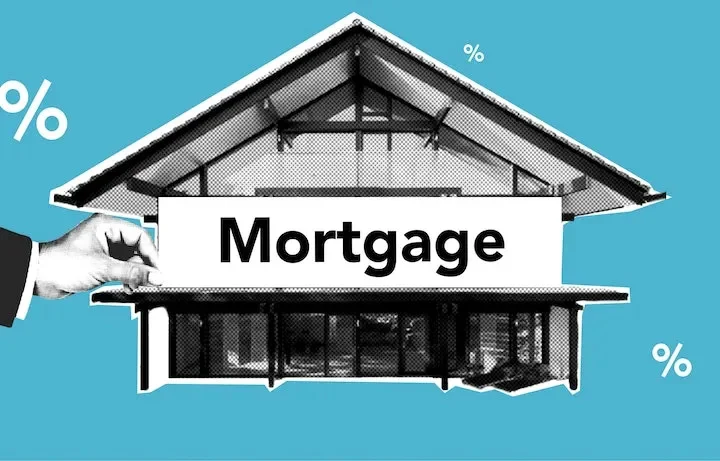
These options might have different terms, interest rates, and repayment plans. Researching and comparing these options will help you find the one that fits your financial situation.
Mortgage Advisors Offering Mortgages to Expats
Numerous expats seeking to purchase property in the Netherlands often turn to mortgage advisors for assistance throughout the process.
Alongside the array of Dutch advisors available, there’s a notable presence of expat mortgage advisors within the country.
This becomes particularly advantageous if you’re not proficient in Dutch or if you’re a newcomer to the Dutch property market. Noteworthy among the expat-friendly brokers in the Netherlands are:
- Expat Mortgages
- Independent Expat Finance
Also, you can use this mortgage calculator to check your Dutch mortgage rates.
Tips For Budgeting And Financing
Buying a home is a big step, so managing your finances is crucial. Here are some tips to consider:
- Create a Budget: Sit down and figure out your monthly income and expenses. This will help you understand how much you can comfortably afford for your mortgage payment.
- Down Payment: Generally, you’ll need to make a down payment upfront, which is a percentage of the property’s price. Plan for this expense ahead of time.
- Build Good Credit: A good credit history can help you secure a better mortgage deal. Pay your bills on time and manage your debts responsibly.
- Consult Financial Experts: Don’t be afraid to ask for advice. Financial advisors and mortgage brokers can provide insights tailored to your situation.
- Plan for Additional Costs: Beyond the purchase price, consider other costs like home insurance, maintenance, and utilities.
Navigating the Buying Process
Congratulations! You’ve made it to the exciting buying process. Here is a step-by-step guide:
- House Hunt: This is like the treasure hunt part. You’ll search for properties, visit them, and see which one steals your heart.
- Making an Offer: Once you’ve found “the one,” you’ll make an offer to the seller. Negotiations might follow until you both agree on the price.
- Drafting the Sales Agreement: This is the legal part. A sales agreement will be drafted, detailing the terms and conditions of the sale.
- Notary Appointment: You’ll need a notary to handle the official transfer of ownership. Both parties (you and the seller) will meet with the notary to sign the necessary documents.
- Transfer of Ownership: This is when the property officially becomes yours. You’ll pay the seller the agreed-upon amount, and the notary will register the property in your name.
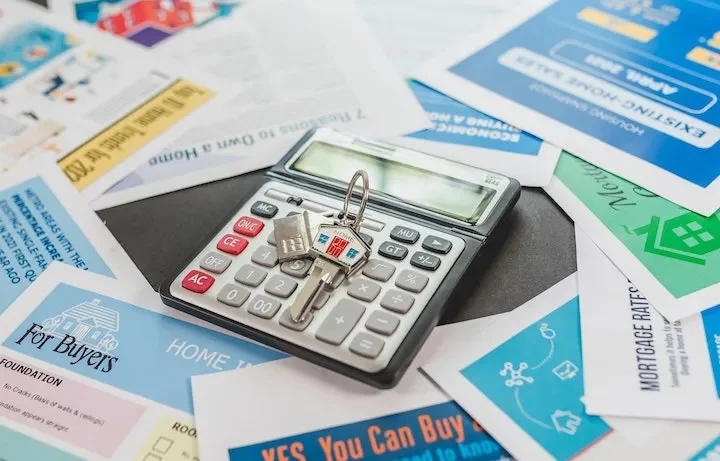
Assistance Schemes
While there may be no direct assistance schemes available for first-time home buyers, there are a couple benefits you may take advantage of:
- Monthly or Annual Interest Deductions: Repayment mortgage interest payments may be deducted from taxable income, which can reduce your annual income tax.
- Exemption of Paying Transfer Tax: As of 2026, if the property’s price is below €525,000, and you are between the ages of 18 and 35, you can qualify for a one-time exemption of the transfer tax (which is 2%).
- Energy Label: If you borrow extra and invest in energy-saving technology, you may qualify for tax advantages and increased borrowing limits, depending on the upgrades you choose.
- Lower Interest Rates: by opting for NHG mortgage, you can get lower interest rates as the lender enjoys reduced risk, meaning you can save money during your loan period.
Due Diligence And Property Inspections
Just as you’d explore every nook and cranny of a new place, it’s important to do the same with your potential new home. Conduct thorough due diligence, which means researching the property’s history, checking for any outstanding debts or issues, and verifying that all necessary permits are in order.
Property inspections are like giving your future home a health check-up. A professional inspector will look for structural or maintenance issues that need attention. This step ensures you’re making an informed decision and can negotiate repairs if needed.
In the exciting whirlwind of the buying process, remember to take your time, ask questions, and lean on the expertise of professionals.
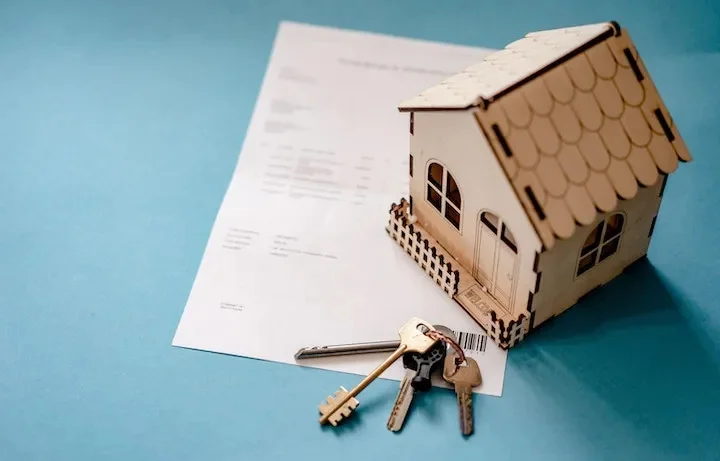
Should You Buy or Rent a Property In the Netherlands?
Although buying a home in the Netherlands can come with high costs, it is generally a wise financial decision in the long run. Despite the prevalence of renting, Dutch house prices are steep and can accumulate additional expenses.
Homeowners can enjoy tax benefits that result in lower mortgage costs compared to renting. This is particularly evident as rental rates tend to increase every year. However, it’s important to evaluate the market in each specific area and determine if it’s wise to make a purchase at this time.
Renting also has its advantages. If you plan on moving frequently or working short-term in the Netherlands, renting provides greater flexibility. You also have fewer responsibilities when it comes to maintenance costs, and there are fewer upfront costs to worry about.
Can Foreigners Buy Property in The Netherlands: Final Words
For foreign workers, purchasing a home in the Netherlands is a significant decision regarding cross-border transitions. Although it may be complex, this process provides the opportunity for stability, a sense of belonging to the community, and a worthwhile investment for the future.
As you begin your journey to settle down in your new Dutch home, it’s important to consider financial details and the market’s state. We hope this guide provides helpful insights that will empower you to achieve success and contentment in your new life!
Ready to take the next step towards a fulfilling life in the Netherlands? Register on our website today and open the door to new opportunities!

 English
English  Lietuvių
Lietuvių  Latviešu
Latviešu  Polski
Polski  Português
Português  Română
Română  Slovenčina
Slovenčina  Magyar
Magyar  Русский
Русский  Espanol
Espanol  България
България  Čeština
Čeština  Italy
Italy  Croatia
Croatia  Greek
Greek 

